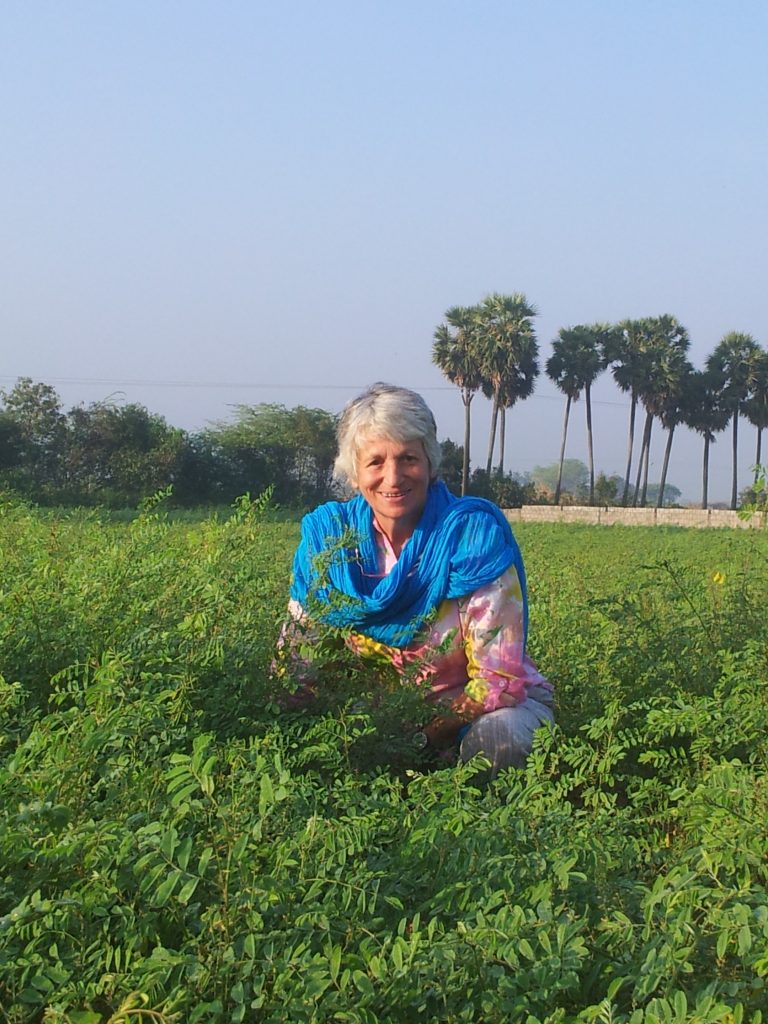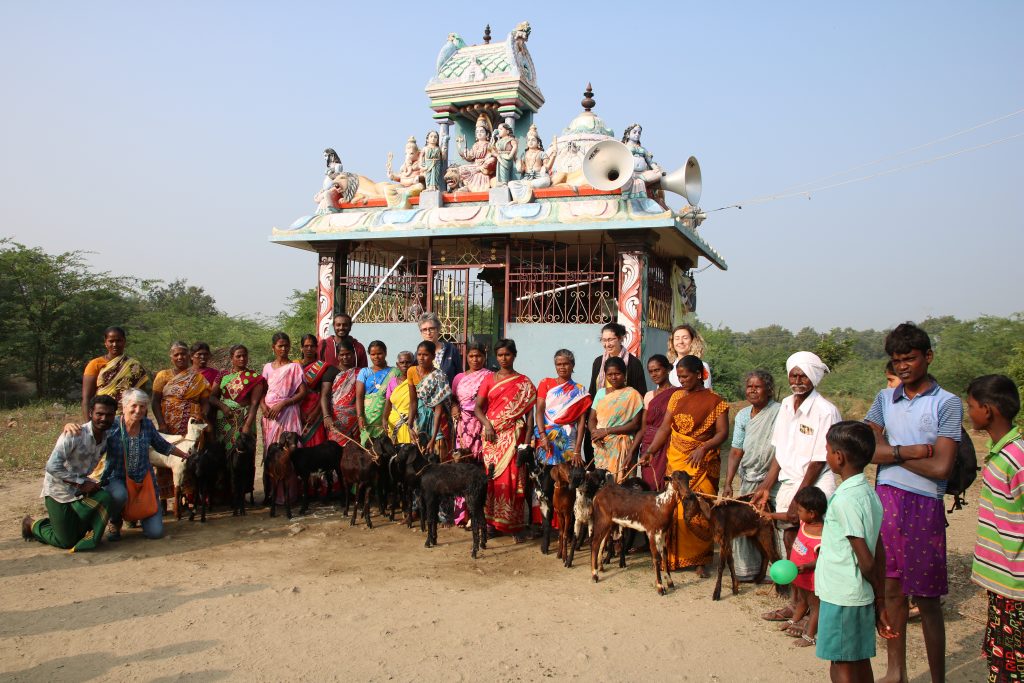Rakhi Foundation helps discriminated populations
Rakhi Foundation puts into action the main global goals of the millennium of the United Nations
This goals were prepared by Dr Fernand de Varennes RP, Doyen, United Nations Special Rapporteur on minority issues in the world.
In South India, “Dalits” and “Irulars”
The Dalits, of lower castes, are often discriminated.
The Irulars are very old semi-nomadic populations that are part of the “out-castes”.
Their main economic activity is the hunt for vipers, cobras, and rats: they sell snake venoms to the labs, and are also paid by farmers who are rid of rats.
Rakhi Foundation

Danielle Brochier is the president of Rakhi Foundation.
She belongs to family of Silky Lyonnais, discovered India in 1973. She worked for several years in Bangalore, Karnataka, in a textile manufacturer. Then, further south, in Tamil Nadu, between 2004 and 2014.
Touched by the distress of children in Pondicherry and its region, she accompanied many educational projects in the most disadvantaged areas, before creating Rakhi Foundation.
Rakhi is the name of the bracelet that is handed over to an esteemed person in his family, or to a friend of another caste during an annual Hindu festival, in late August, the “Raksha Bandan” or “Rakhi Festival”.
→ The message from the president, Danielle Brochier
Enlight Mission
Several social actions are carried out by Enlight Mission for the Dalits and Irulars, thanks to the financial support of Rakhi Foundation.
Albert Velankanni created Enlight Mission in May 2014, an Indian association of which he is the president. He’s the Indian partner who ensures the smooth running of Rakhi Foundation projects.
Agaram Association
With its president, Ramadoss, the association participates in the training of young people, in particular through the creation of three typing schools and a sewing training center.
Together, they contribute to the economic and social development of Irulars and Dalits by:
- obtaining identity cards and property land,
- children’s education,
- training women,
- donation of goats to families.
